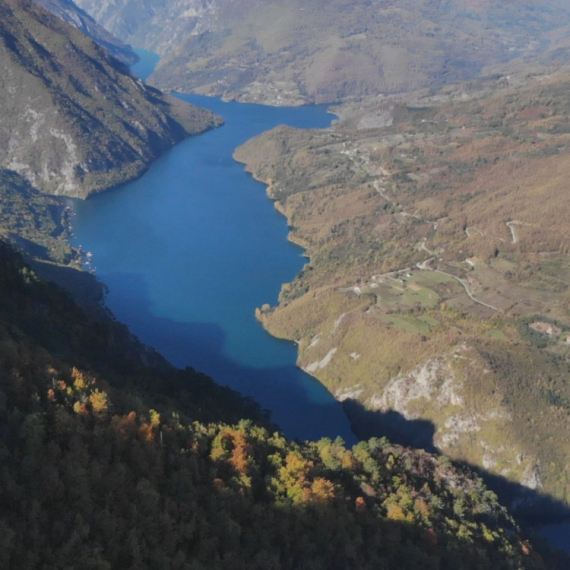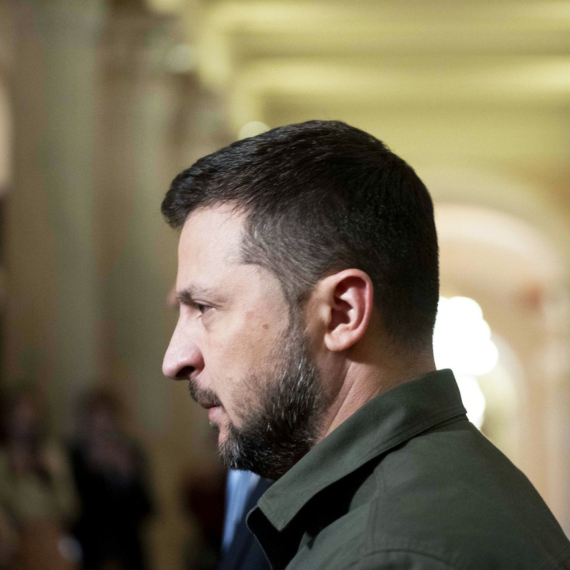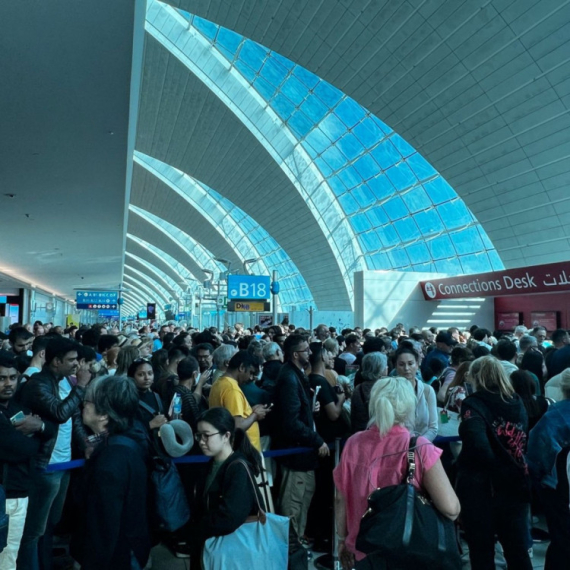“Talks will focus on life issues”
Belgrade-Priština talks will primarily focus on life issues which are important to the people, head of the Serbian negotiating team Borko Stefanović said.
Saturday, 22.01.2011.
09:26

Belgrade-Pristina talks will primarily focus on life issues which are important to the people, head of the Serbian negotiating team Borko Stefanovic said. “At the same time, talks will be related to Kosovo status,” he told B92. “Talks will focus on life issues” “Unlike the negotiations conducted by the international Troika in Vienna, which focused on status only and which failed because Kosovo Albanians were not willing to discuss it, all open issues will now be on the negotiating table held together with the European Union,” Stefanovic stressed. “The negotiations will be long and hard, but Serbia is optimistic, will have a flexible approach and offer several alternative solutions for each issue,” he said. According to him, expert teams have been formed for each topic and heads of negotiating teams will make appropriate political decisions based on proposed solutions. Stefanovic pointed out that the negotiations were not technical and that this was one of the two most important state issues in 2011, along with the EU candidacy. He explained that each issue, such as the issue of electricity or telecommunications, had a technical aspect but that it was connected to the issue of status. The head of the Serbian negotiating team said that the team was currently harmonizing the list of open issues and that the dialogue should begin with issues such as telecommunications, air traffic, cadastre, missing persons, meaning things that were seemingly simple in order to address more difficult, status-related issues later. Commenting on the amendment that the Greens had proposed in the European Parliament (EP), calling upon Belgrade not to address the status issue during the talks with Pristina, Stefanovic said that he was not worried about the amendment since it was only a recommendation and a part of a broader political document which was not binding for Serbia and did not represent any kind of political pressure, adding that the issue of Kosovo’s status would be mentioned throughout the dialogue. When asked whether he was worried about the fact that EULEX had declared northern Kosovo a dangerous zone, he said that everything that was happening in Kosovo could jeopardize the negotiations and that the people in Kosovo could be provoked by some Pristina’s actions. Therefore he called upon the Serbs in Kosovo to remain calm so the entire process would stay on the right track. Borko Stefanovic (Tanjug, file)
“Talks will focus on life issues”
“Unlike the negotiations conducted by the international Troika in Vienna, which focused on status only and which failed because Kosovo Albanians were not willing to discuss it, all open issues will now be on the negotiating table held together with the European Union,” Stefanović stressed.“The negotiations will be long and hard, but Serbia is optimistic, will have a flexible approach and offer several alternative solutions for each issue,” he said.
According to him, expert teams have been formed for each topic and heads of negotiating teams will make appropriate political decisions based on proposed solutions.
Stefanović pointed out that the negotiations were not technical and that this was one of the two most important state issues in 2011, along with the EU candidacy. He explained that each issue, such as the issue of electricity or telecommunications, had a technical aspect but that it was connected to the issue of status.
The head of the Serbian negotiating team said that the team was currently harmonizing the list of open issues and that the dialogue should begin with issues such as telecommunications, air traffic, cadastre, missing persons, meaning things that were seemingly simple in order to address more difficult, status-related issues later.
Commenting on the amendment that the Greens had proposed in the European Parliament (EP), calling upon Belgrade not to address the status issue during the talks with Priština, Stefanović said that he was not worried about the amendment since it was only a recommendation and a part of a broader political document which was not binding for Serbia and did not represent any kind of political pressure, adding that the issue of Kosovo’s status would be mentioned throughout the dialogue.
When asked whether he was worried about the fact that EULEX had declared northern Kosovo a dangerous zone, he said that everything that was happening in Kosovo could jeopardize the negotiations and that the people in Kosovo could be provoked by some Priština’s actions. Therefore he called upon the Serbs in Kosovo to remain calm so the entire process would stay on the right track.




























































Komentari 29
Pogledaj komentare